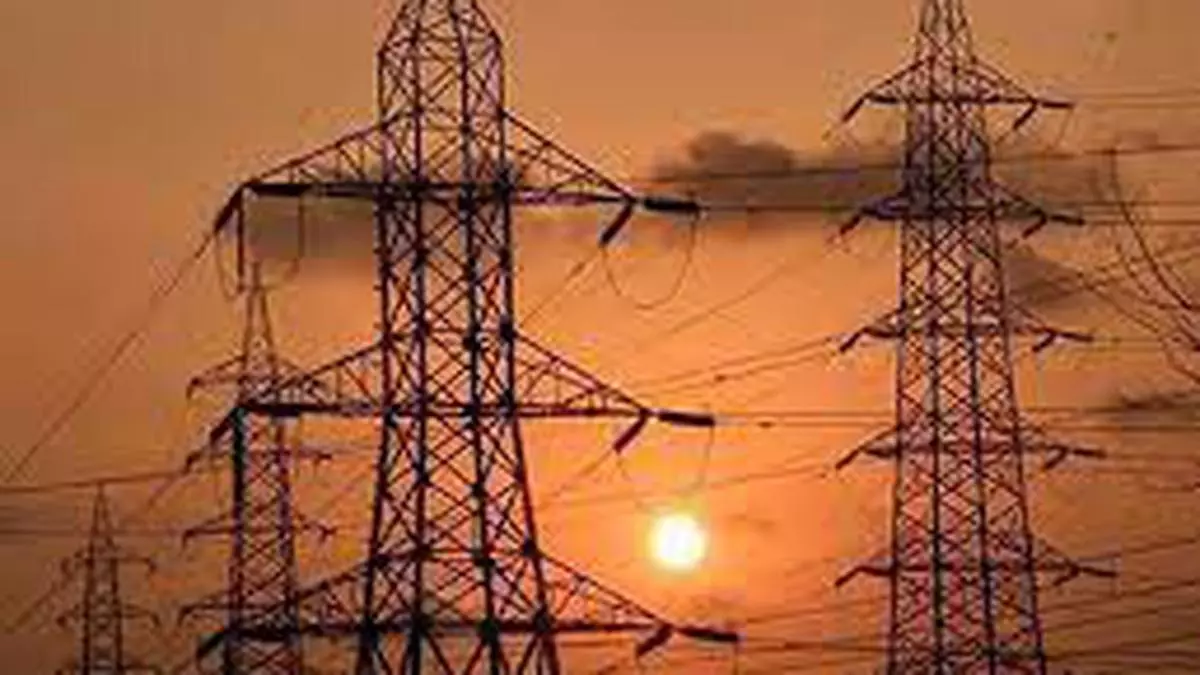‘Market coupling’ talk pulls down IEX stock 8.5 per cent
The share price of the Indian Energy Exchange (IEX) fell $12.67 (8.47 percent) on Thursday on NSE to close at ₹136.10, as news of a June 2 directive from the Ministry of Energy asked the Central Electricity Regulatory Commission (CERC) to start the process of “market coupling”. However, industry insiders see little impact on IEX because “market coupling”, if it ever happens, will be so far away.
But what is “market coupling”? There are three power exchanges in India, where electricity is traded – the market leader IEX, the Power Exchange of India, and the newly created Hindustan Power Exchange of India. IEX has about 90 percent of the overall market, and a 100 percent share in key segments such as the next day market (DAM) and the real-time market (RTM). Today, electricity buyers and sellers bid on any of these exchanges, and so, price discovery on each of the three is different.
Within Market Coupling, there will be a single unified market price common to all three exchanges. This means that the three exchanges will only collect bids and place bids on whomever is appointed as the joint price-setting agency. This is like some agencies that set a popular price for Uber, Ola, Blusmart, etc. Basically, this means that the dominant exchange (IEX) will lose its charm, because unlike now, there will be no particular reason for the bidder under market coupling To choose IEX over the other two exchanges.
This is why the stock market reacted so negatively to IEX.
However, the experts business line I spoke to him and he said that “market coupling” takes no less than three years, given the long and tedious process CERC would need to go through — draft a paper, hold stakeholder consultations, a public hearing, develop policy and possibly deal with any legal challenges along the line. . There are also sensitive issues to be settled, such as who will do the clearing and who will settle the prices.
One expert, who asked not to be named, has already said that “market coupling” is unlikely to ever happen. He cited the example of a similar DOE directive in October 2021 requiring CERC to enter into a ‘market-based economic dispatch’ – a system whereby all energy transactions, including bilateral ones, are conducted under long- and short-term authority. Purchase Agreements (PPA), will be routed through the exchanges, and any difference between the PPA tariff and the offline market price will be settled between the two parties. CERC was due to make this effective April 1, 2022, but the matter died quietly.
